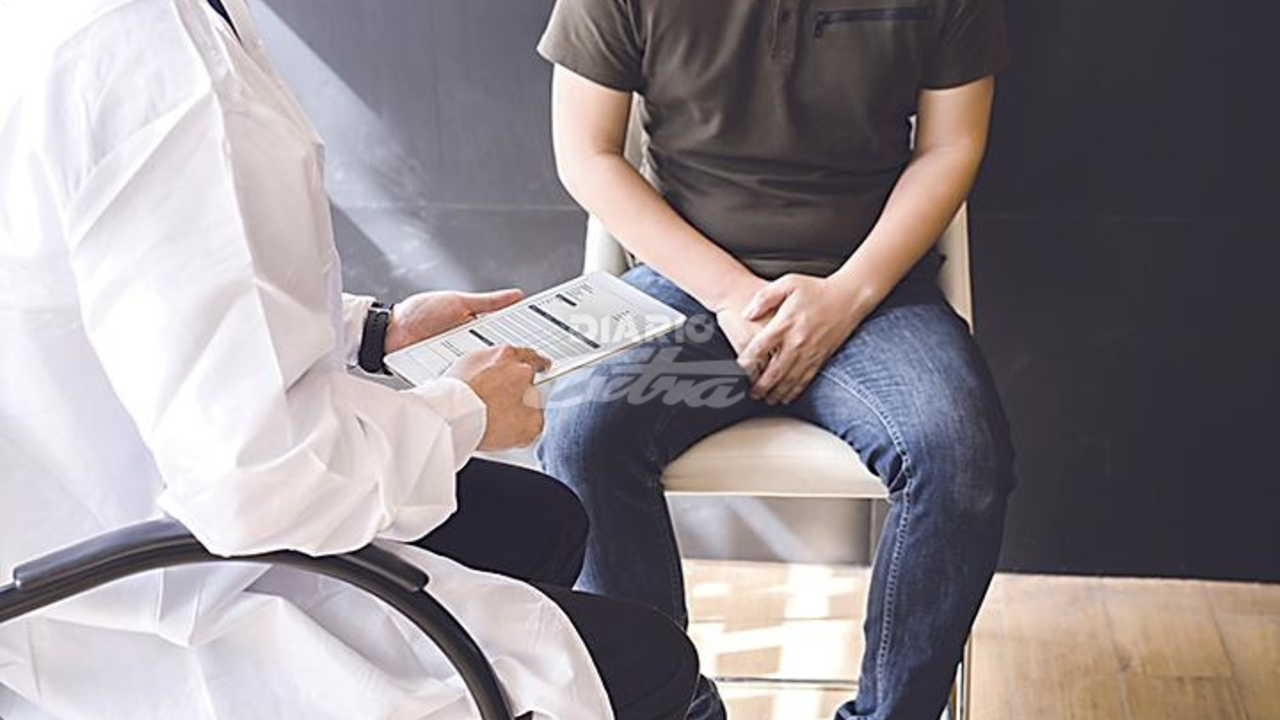Enlarged Prostate (BPH): What to Know and What to Do
Feeling like you can’t fully empty your bladder, rushing to the toilet, or waking up several times at night? Those are classic signs of an enlarged prostate, commonly called benign prostatic hyperplasia (BPH). It’s very common: about half of men show some symptoms by age 60 and the number rises with age. The good news is there are clear tests and treatments that actually help.
What causes an enlarged prostate and how it shows up
The prostate grows slowly with age and can press on the urethra, making urine flow weaker or more frequent. Typical symptoms include a weak stream, straining to start, dribbling after peeing, urgency, and needing to go at night. You might also notice urinary infections, blood in the urine, or, rarely, sudden inability to urinate—this needs immediate care.
Doctors use a few simple tests to figure out what’s going on: a digital rectal exam (to check size and feel), urine tests (to rule out infection), a PSA blood test (to screen for prostate issues), and measurements like urine flow rate or post-void residual (how much stays in the bladder). Imaging or referral to a urologist happens when symptoms are severe or tests are unclear.
Treatment options and day-to-day tips
Treatment depends on how bad symptoms are and how much they bother you. If symptoms are mild, watchful waiting plus lifestyle changes often works. For moderate to severe symptoms, doctors may prescribe medications: alpha-blockers (for quick relief of urine flow) or 5-alpha-reductase inhibitors (which shrink the prostate over months). Both help, but each has side effects—talk about sexual side effects and what matters to you.
If meds don’t help or side effects are a problem, there are office or surgical options. Minimally invasive choices like UroLift or steam therapy (Rezum) can relieve symptoms with quicker recovery. Traditional procedures like TURP remove prostate tissue and are very effective for severe cases.
Simple daily steps reduce bother right away: limit caffeine and alcohol, avoid drinking lots before bed, double-void (try to pee, wait a few minutes, then try again), treat constipation, and keep a healthy weight and active routine. Pelvic floor exercises can help some men with urgency.
See a doctor if you have fever with urinary problems, blood in the urine, worsening pain, or can’t urinate. If you wake up several times nightly and it ruins your sleep, that’s worth addressing too—better sleep improves everything.
Bottom line: BPH is common and manageable. Get tested, try lifestyle fixes, and discuss medication or procedures if symptoms limit your life. Your doctor can help pick the approach that fits your goals and keeps you comfortable.

The Relationship Between Enlarged Prostate and Erectile Dysfunction
As a man, it's crucial to know that an enlarged prostate can have a serious impact on your sexual health. Recent studies suggest a link between benign prostatic hyperplasia (BPH), a noncancerous enlargement of the prostate, and erectile dysfunction (ED). The exact relationship is still unclear, but it's believed that the pressure exerted by an enlarged prostate on the nerves can lead to ED. It’s also worth noting that some medications for BPH can cause ED. Therefore, it's paramount to have open discussions with your doctor about these issues to ensure you receive the right treatment.
view more




